Abnormalities in early pregnancy are a common fear among parents-to-be. Here are a few suggestions for how you can test for them.
For Women Under 35:
1) Triple Screen:
This is a blood test that is done between 15-20 weeks. The test screens for Down’s syndrome and Spina Bifida, two common birth defects. The test is usually covered by insurance. The results usually return two weeks after the blood draw.
2) Level II Ultrasound:
This test takes pictures of your baby through an ultrasound on your tummy. It’s done by a specialist at 18-22 weeks. An ultrasound can be used to detect anatomic problems with the baby—to see, for example, if the heart and brain are formed normally. It does not detect all birth defects. Insurance may cover this test; if not, it usually costs about $150.
3) First Trimester Screening:
This test combines an ultrasound to look at the area of the baby’s neck (nuchal translucency) with a blood test to detect Down’s Syndrome and other chromosomal abnormalities like Trisomy 18 (it’s done at 12 weeks). It detects 90% of the cases of Down’s Syndrome. This test is done by a perinatologist. It is not yet considered the standard of care and therefore, may not be covered by insurance. It costs about $500.
For Women Over 35
Because genetic birth defects are more common in women over 35, other testing is available. Women may receive the triple screen, ultrasound, or first trimester screening as above but slightly more invasive testing may also be recommended. This includes one of the following two tests.
Amniocentesis:
In this test, a specialist uses a needle through your abdomen to remove fluid around the baby. The fluid is sent to a lab, where the genetic material of the baby is analyzed. This test is 99% accurate in detecting Down’s Syndrome. It carries a risk of miscarriage of 0.4%. The test is done between 16-20 weeks and the results are given in 2 weeks.
Chorionic Villus Sampling (CVS):
A specialist uses a tube through the vagina and cervix or through the abdomen to remove cells from the baby’s placenta. The tissue is sent to the lab. This test detects 99% of babies with Down’s Syndrome. It carries a risk of miscarriage of 0.8%. The test is done between 10-13 weeks and results are available in 3 days.

